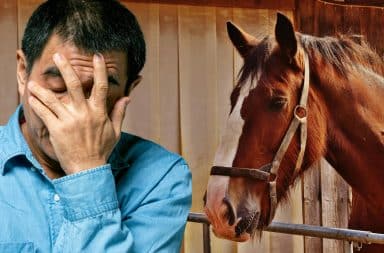Like many Americans, I’m an opinion writer for The New York Times. Aside from my vital contributions to the cultural zeitgeist, I’m no different from you. Growing up, people understood that breaking into your neighbor’s house and riling up their dog was just a harmless way to pass the time. I’ve come to realize that radicals on the left and right believe that op-ed writers should face consequences for their criminal actions.
Personally, I’m neutral towards criminality, but I disagree with overly draconian interpretations of the law. For instance, while at dinner recently, a friend told me that breaking into someone’s house and moving things around slightly is actually considered breaking and entering! And if you take a valuable painting you’ve always admired on the way out, it could even be considered felony burglary!
Opinion writers don’t have time to be questioned by the police like the rest of the population. We do a disservice to society when we expect the intellectual elite to answer questions like, “where were you at the time of the break-in,” or “if you’ve never seen this dog, why is it acting so hostile towards you?”
During my time at Harvard, I learned—intellectually—that grabbing at a cop’s gun is wrong even when he is in my doorway. But does it necessarily follow that I should face consequences for it? The U.S.A. has one of the highest recidivism rates in the world. Why bother sending me to jail if we know I will again succumb to an errant service revolver’s whispers of chaos?
The well-educated and verbose endure a unique pressure leading the vanguard of public discourse. As thought leaders, it’s part of our job to push societal boundaries or as some Brooklyn circuit courts put it, “plague the community with physical threats and psychological torment.”
If I can’t indulge my every impulse with impunity, I won’t be able to mold the incomprehensible black void of my mind into opinions. And without opinions, the very fabric of America will fall apart.
To illustrate my point, let’s take a hypothetical: consider a man, let’s say he works as a columnist for The New York Times, who innocently whacks his neighbor with a cop’s gun. Consider further that this all started from a benign misunderstanding where the columnist just tried to see if it was possible to “untrain” his neighbor’s dog while he was out.
What if these erratic, but effectively harmless events prevented said columnist from writing a world-changing op-ed about the dangers of cancel culture in beer league softball? Can we posit that a great work of mental acuity may outweigh the torment of one stray man and his dog?
I believe it was Jesus who said “you can’t make an omelet without breaking a few eggs.” If I went to jail every time I committed simple battery or used my position at a national paper to manipulate the markets, then where would the good people of America get their opinions?
Publishing op-eds from a county jail is straightforward for someone with an advanced degree in journalism from an Ivy League institution. A prolonged stay in federal prison, however, would certainly cause the top brass at any institution to realize something is amiss. I think I speak for every sensible person when I say that we need to roll back any consequences for op-ed writers quickly, like within the next week and half.


